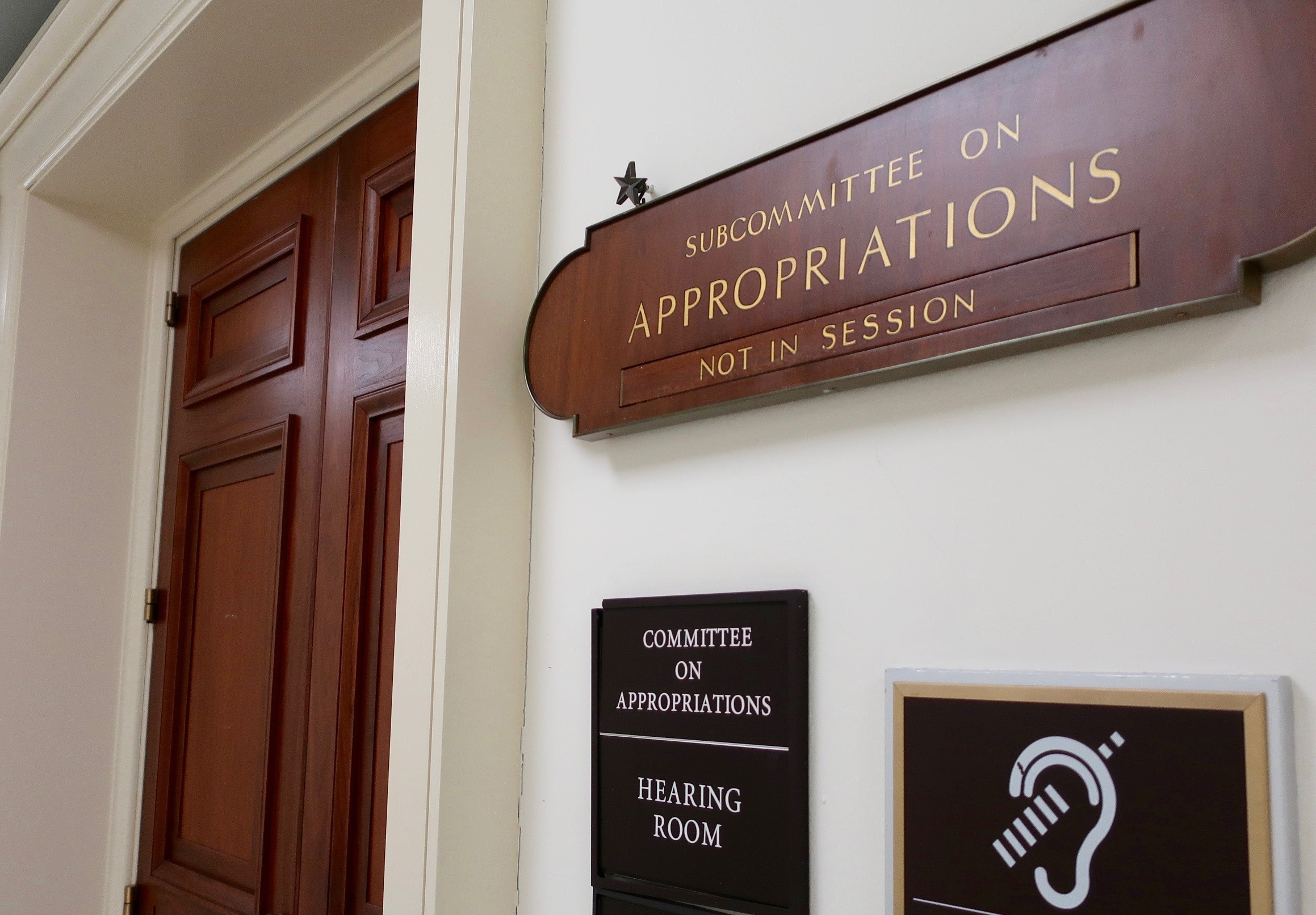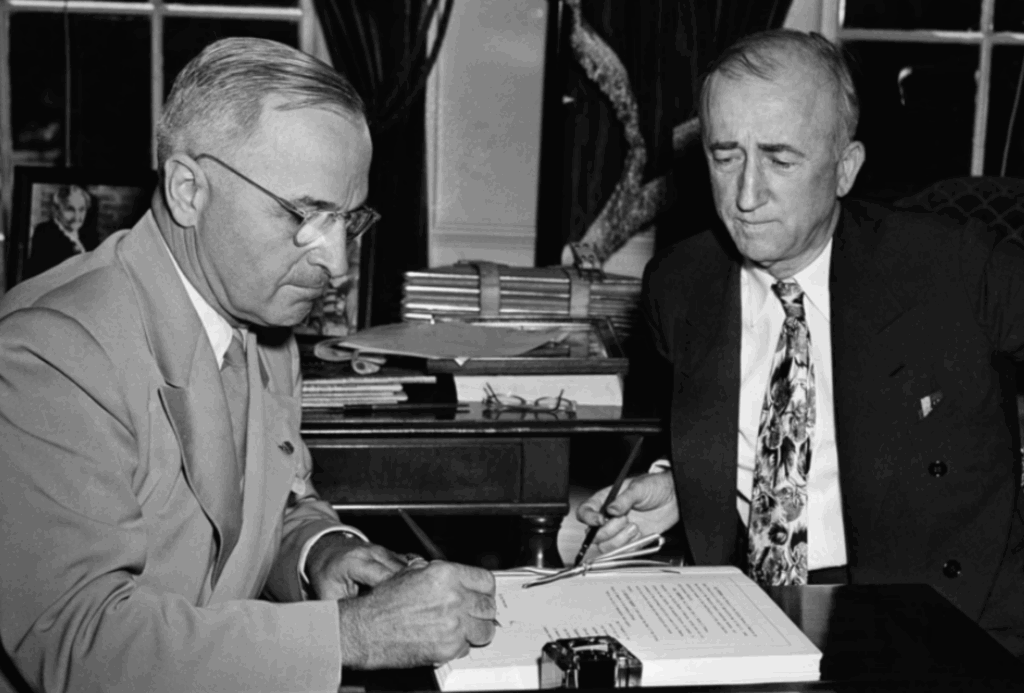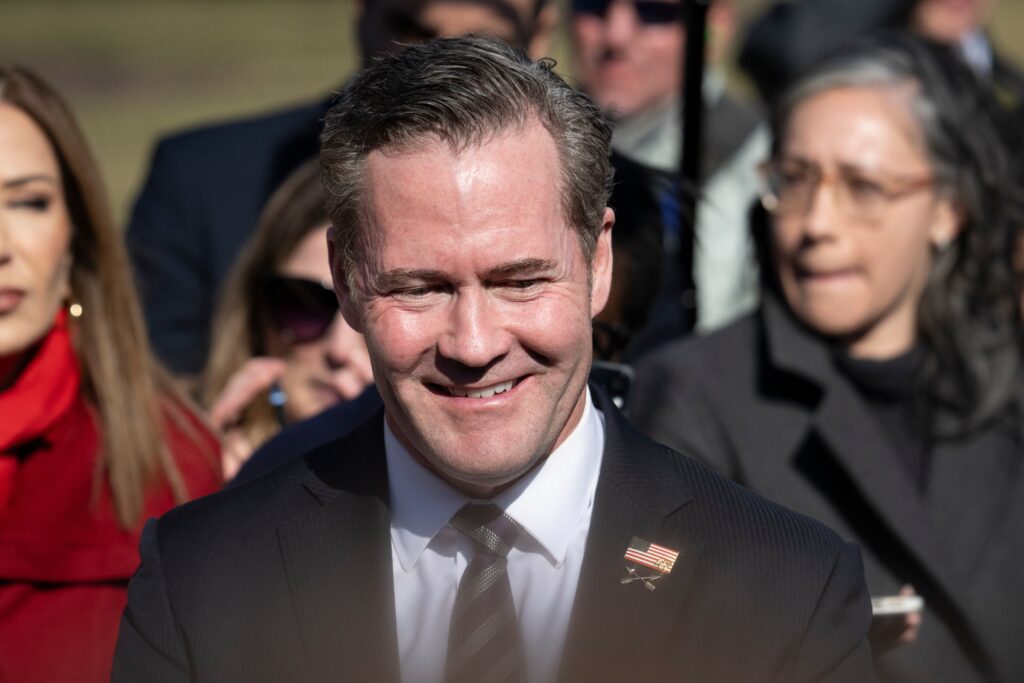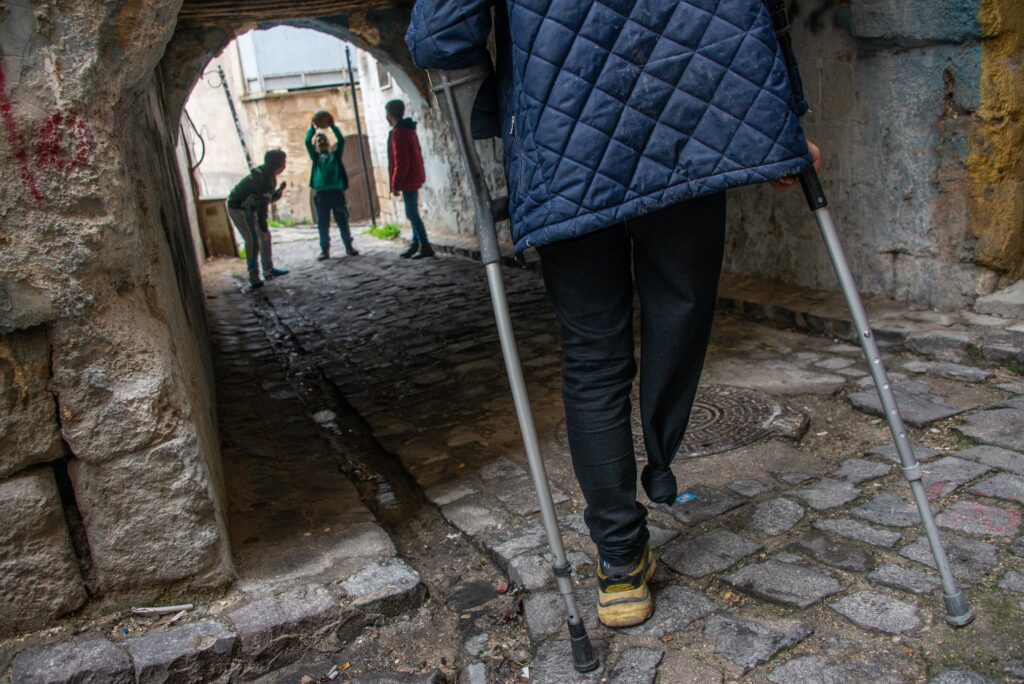At a time of rising global instability, regional conflict and resurgent diseases, Peter Yeo, President of the Better World Campaign, delivered a clear and urgent message to Congress: continued U.S. investment in the United Nations and global health programs is more than good foreign policy—it’s a strategic necessity.
In testimony to the House Appropriations Subcommittee on National Security, Department of State and Related Programs, Yeo urged robust funding for international organizations, UN peacekeeping and global health. He emphasized these are not acts of charity, but essential to U.S. national security and global leadership.
“U.S. assessments for the UN… support activities that directly advance our national interests,” Yeo stated, “including efforts to monitor international compliance with sanctions targeting terrorist groups like Al-Qaeda and ISIS, and U.S. adversaries such as North Korea.”
“U.S. assessments for the UN… support activities that directly advance our national interests, including efforts to monitor international compliance with sanctions targeting terrorist groups.”
Funding America’s Global Security
Yeo called for full funding of America’s assessed contributions: $1.74 billion for the Contributions to International Organizations (CIO) account, $459.8 million for the International Organizations and Programs (IO&P) account, $1.48 billion for the Contributions for International Peacekeeping Activities (CIPA) account, and $444 million for the Peacekeeping Operations (PKO) account.
“Missions to countries undergoing or emerging from conflict… effectively build up governing institutions and help facilitate peace negotiations, which dovetails precisely with President Trump’s call to prevent and halt endless wars.”
“Missions to countries undergoing or emerging from conflict… effectively build up governing institutions and help facilitate peace negotiations.”
Yet U.S. support is falling short. In recent years, there have been calls by some in Congress to eliminate all contributions to the UN regular budget, which funds such political missions. In addition, since 2017, a congressional cap on peacekeeping contributions has created $1.4 billion in arrears.
Yeo warned that failure to pay U.S. dues to the UN would have real geopolitical consequences. “Our country will lose influence and power in the UN, and hand dramatically boosted influence to… China and Russia.”
He also highlighted the role of the UN in combating global drug trafficking, recalling a recent visit to Mexico. “I saw firsthand the training of personnel to surveil ships and screen trucks for chemicals used to make fentanyl,” he said. “Overdose deaths in the U.S. dropped by nearly 25 percent last year, in part due to international control efforts coordinated by the UN.”
Yeo was referring to work in Manzanillo, Mexico, led largely by the UN Office of Drugs and Crime. With longtime bipartisan support in Congress and strong U.S. collaboration, UNODC supported law enforcement efforts that succeeded in seizing 860 tons of drugs and other illicit commodities between 2020-2023.
Global Health: A Smart Defense Strategy
Yeo stressed that investments in global health are “strategic national security measures that serve as a first line of defense against potential health crises.” He reminded members that in 2023, the U.S. saw its first locally transmitted malaria cases in three decades, in states as far apart as Florida, Texas and Maryland.
“Mosquitoes capable of spreading malaria are now present in over 30 states,” he warned. “The Global Fund, PEPFAR and the President’s Malaria Initiative will continue to play a critical role in keeping Americans safe.”
Turning to vaccine access and disease prevention, Yeo celebrated bipartisan support for Gavi and global polio eradication efforts. “The world stands on the brink of wiping out polio once and for all,” he said. “Gavi in particular is a shining example of foreign aid that is in America’s interest.”
“The world stands on the brink of wiping out polio once and for all. Gavi in particular is a shining example of foreign aid that is in America’s interest.”
Yeo paid special attention to Gavi’s track record of encouraging country ownership. “Since 2000, Gavi’s unique model has successfully transitioned 19 countries to fully fund their own vaccines,” he explained, adding that “100 percent of Gavi countries met their co-financing obligations.”
By the end of 2025, he said, “Gavi countries will have invested $5.2 billion in their own vaccine programs,” a figure he cited as evidence of sustainability and local commitment. Yeo also pointed out that Gavi is “the world’s leading purchaser of American-made vaccines.”
All these global health successes, he underscored, were made possible because of the partnership between the U.S. and the World Health Organization (WHO), describing it as “critical in amplifying America’s investments to fight polio, measles, Ebola, tuberculosis and countless public health threats.” He acknowledged that WHO “stands ready to engage in a dialogue with the U.S. on continued American leadership in the organization.”
The bottom line? If the U.S. pulls back, others—some hostile to American interests—will fill the vacuum.




